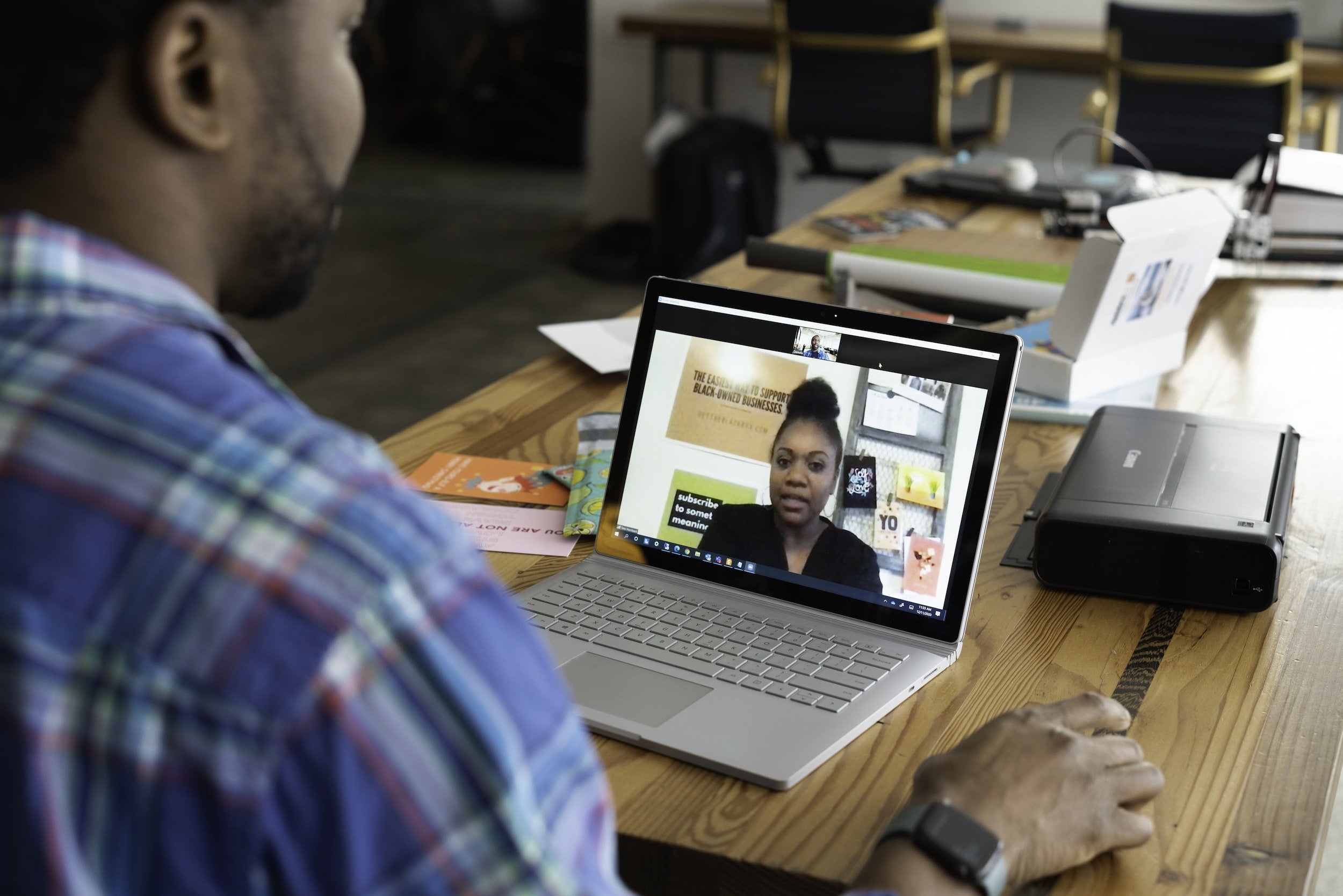Interview Strategy for a Winning Performance
By Heather Lipman, Resume Writing Consultant
If you read our potential competition and pre-interview research article, you should be feeling pumped. Preparation is key so leverage the research you’ve conducted. Here are steps you can follow to ensure a successful interview…
Build Rapport
Rely on your understanding of your interviewers, the company, and the role to feel confident and break the ice during the interview. If you discovered an interviewer took a career path similar to yours, mention that in the interview. This can prompt feelings of relatability and help to build instant rapport.
Market Yourself – “Tell me about yourself”
Draw a connection between your personal interests and passions to the business and the services and/or products it provides.
For example, if you’re interviewing for a role with Lulu Lemon, it’s worth mentioning you’re an avid yoga practitioner; if the open role is with Loot Crate, definitely mention your 1990s comic book collection. The idea here is to simultaneously brand yourself as a fan and an attractive candidate.
If you’re intrinsically motivated by health, wellness, and an active lifestyle, you likely spend your spare time thinking about how to make a product like Lulu Lemon better.
This speaks volumes to a hiring manager as it gives insight into the common sense and initiative you’ll bring to work every day because you’re already emotionally invested in this product/industry. You’ll likely require little supervision as an employee and offer a continuous flow of fresh ideas for product/service enhancements.
Again, the idea here is to align your personal values with the business’s goals, or in other words, the problem(s) they solve. By driving home the fact that your personal interests will add unending value to the company, it will make a memorable impression and outshine the competition.
When a personal connection to the company is more difficult to identify, stick with a professional response. If you are looking for more detailed suggestions on how to answer the infamous “tell me about yourself” question, check out a previous article and informational guide here.
Be Inquisitive
The point of the interview is to determine compatibility, and this can’t be accomplished without thoughtful questioning and astute listening on your part. A few key questions to ask during every interview:
Why is this role currently open?
What are your expectations for this new hire?
What will success look like in the next 6 months?
What is your managerial style?
Tell me about some of your (or the department’s) biggest challenges.
These responses are not only vital to reiterating why you’re the perfect candidate in your follow-up communication but also demonstrate your thoughtful consideration of the opportunity. You want to gain a better sense of the environment to understand if it is a good match and this ultimately helps interviewers feel more confident in their decision-making process as well.
Naturally, the focus will shift to your experience and your accomplishments – luckily, you’ve already reviewed your own resume, so this information is fresh in your mind. Now utilize the S.T.A.R. method of behavioral interviewing as a framework for your talking points.
Paint a Story with S.T.A.R. (Situation * Task * Action * Result)
Rather than recall your experience and contributions from a simple bullet pointed list, help your interviewers envision your value by sharing a story. *If you can share a story that speaks to a current challenge the company is facing, all the better. This is another reason why asking questions at the beginning of the interview is so important.
For example…
The situation was a start-up that began operating before any policies, procedures, or protocols were in place. Consequently, our procedures had gaps, leads were falling through the cracks, and our small team of five was stretched entirely too thin. I was tasked with the responsibility of documenting best practices, corrective actions, and formalizing procedures to duplicate past wins. I acted diligently and promptly. I shadowed each team member for one day to understand our workflow and discovered a serious need for new software to support our operations. I transformed the most frequently sent emails into templates and created an intracompany document sharing site for easier access. As a result, we onboarded two new hires in under four weeks who have assumed 25% of our executives’ former workload and have seen a 150% increase in lead conversion. On a personal note, the entire team’s morale has increased significantly which has totally uplifted the corporate culture. People smile now. =)
Conclusion: Next Steps & Contact Information
Now that you’ve collected crucial information from your interview team and have made a memorable impression, conclude the interview by asking about next steps.
“When can I expect to hear back from you?”
Lastly, and perhaps most importantly, make sure you have contact information to thank every interviewer with whom you interacted.
Post 3 will walk you through a strategic method for post-interview follow-up and “thank you” communication. If you currently have an interview scheduled and/or just wrapped one up, check out our free “thank you” note guide here.



